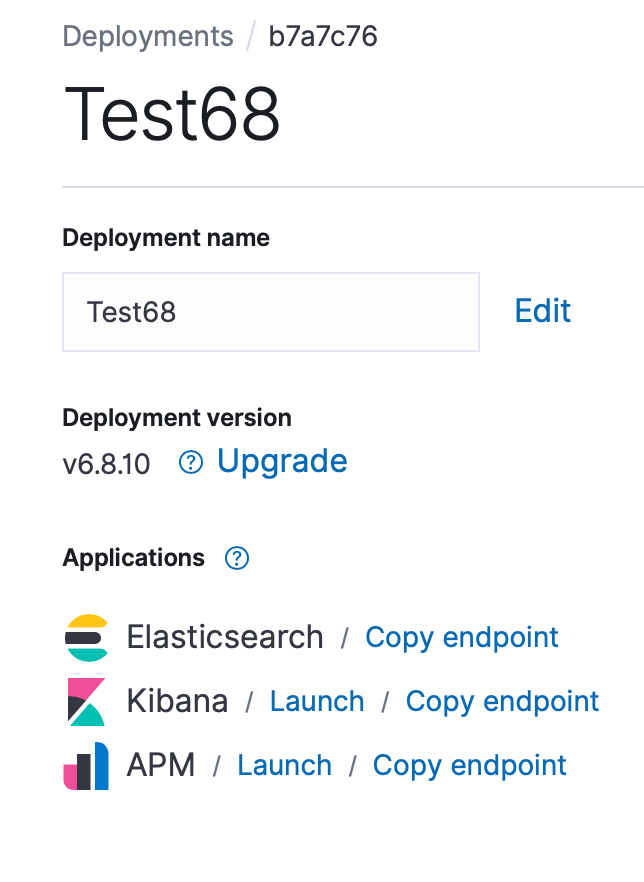SearchBlox for Elastic Cloud
SearchBlox for Elastic Cloud
SearchBlox for Elastic Cloud allows you to deploy SearchBlox Enterprise Search anywhere and use the Elastic Cloud as a data store for search.
SearchBlox allows you to rapidly deploy high-performance search-based applications.
- Search data from 326+ data sources within internal and external connectors
- Web Admin Console with User Management (SearchBlox Realm/LDAP-AD/Okta)
- Support for 36 languages and 33+ document formats
- REST API for programmatic crawling/indexing/administration/search/queries
- Collection, Document, and Field Level Security with Encryption
- Embed Search Results widget anywhere
- Available for on-premise or cloud deployment
Once you deploy SearchBlox on Windows, CentOS/RHEL or Ubuntu, or Amazon Linux 2, update your elasticsearch URL with the user credentials for SearchBlox to use Elastic Cloud.
SearchBlox will also work with the latest Elasticsearch v7.17 on Elastic Cloud
Create a new deployment for Elasticsearch v7.17 on Elastic Cloud and copy the Elasticsearch endpoint, username and password.

Update the elasticsearch information on your SearchBlox installation and restart SearchBlox service as shown in the following.
-
Edit the file <SEARCHBLOX_INSTALLATION_PATH>/webapps/ROOT/WEB-INF/searchblox.yml to update the elasticsearch url endpoint, username and password. Here we provided a sample searchblox.yml configuration below:
searchblox.deployment.type:<Empty>
searchblox.elasticsearch.host: xxxxx-azure.es.eastus2.azure.elastic-cloud.com
searchblox.elasticsearch.port: 9243
searchblox.elasticsearch.basic.username: elastic
searchblox.elasticsearch.basic.password: Ue7Dl5RElANBRgqHviMRdXXX -
Restart the SearchBlox service and wait for 30 seconds to access your SearchBlox Admin Console.
Updated about 4 years ago
